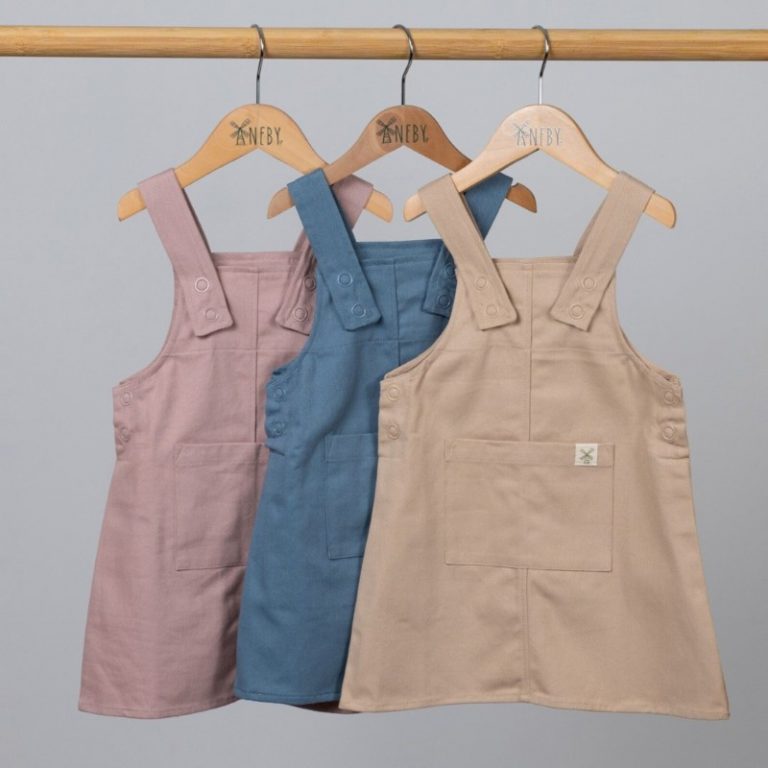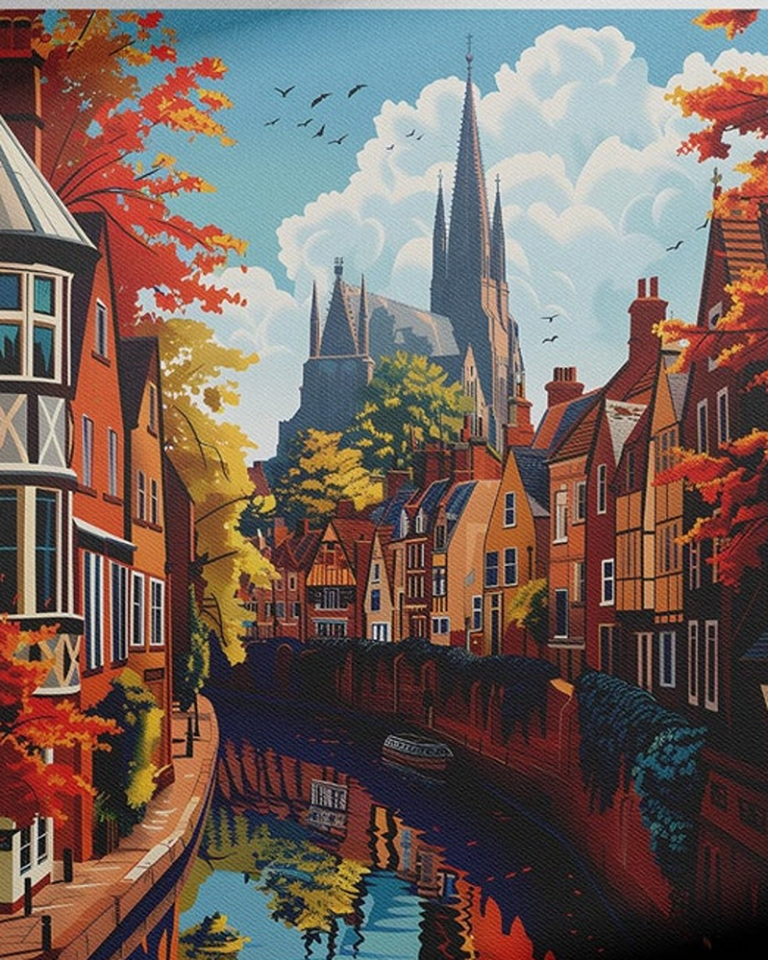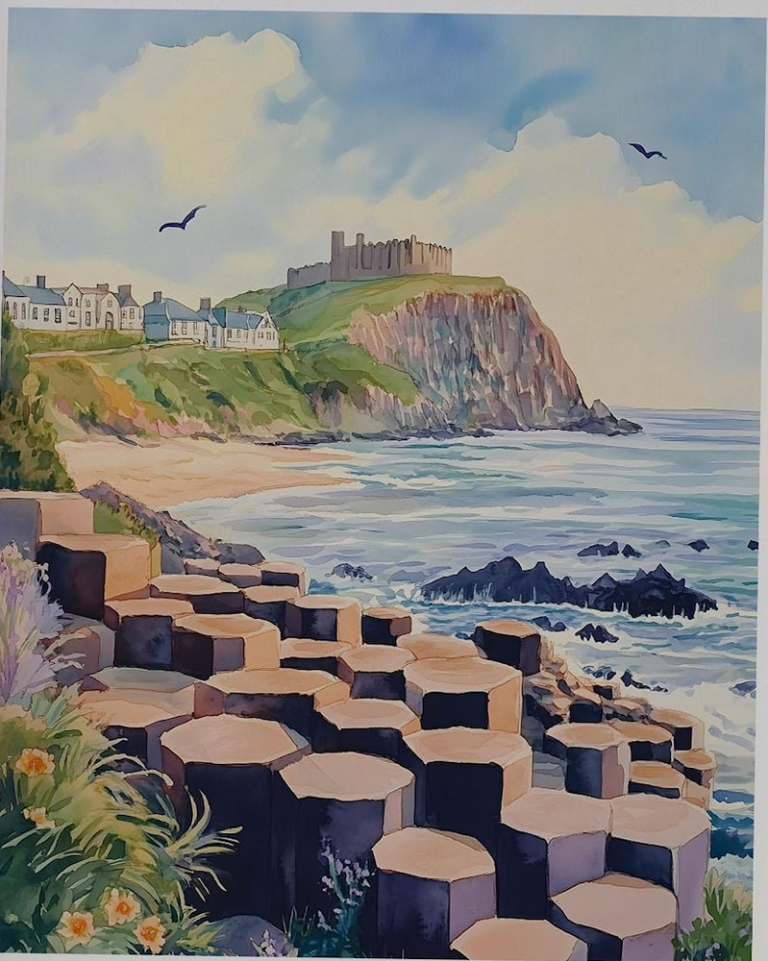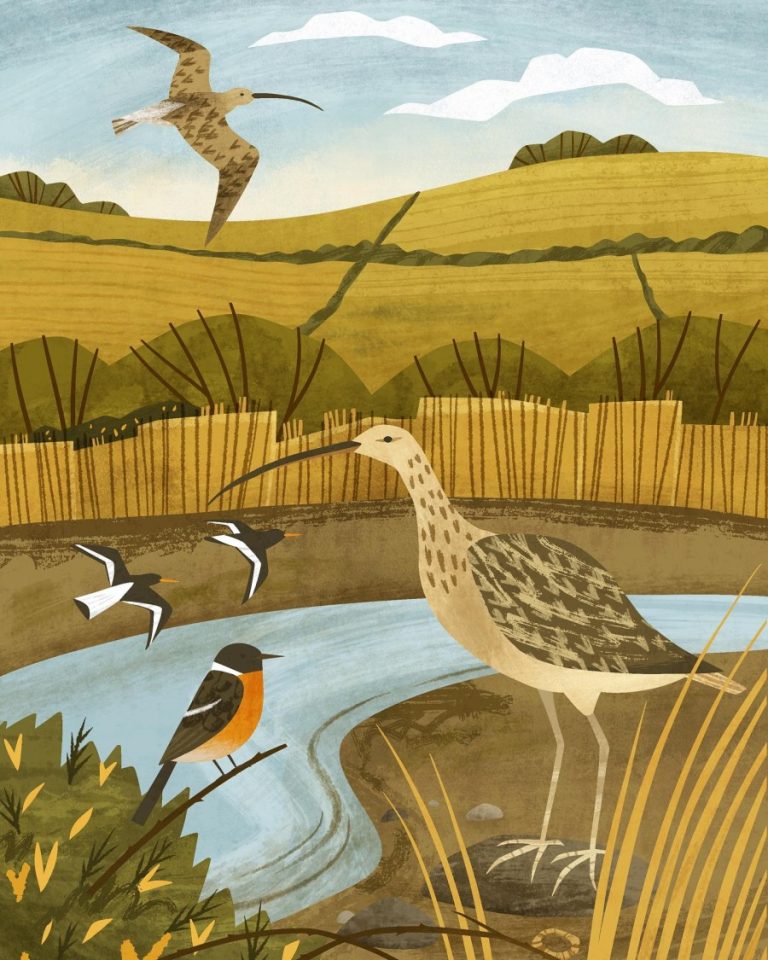
Those of us who have never experienced sexual abuse, could never imagine the scars that it must leave, whether that’s abuse by family members, teachers, other people in authority (including priests or religious teachers, which must completely mess up with people’s heads).
Sexual abuse can be to a child or even adults, or people who are physically or mentally vulnerable. Often in situations where they cannot get away.
The answers here are to obviously prevent sexual abuse happening in the first place, but also ensure that people who have been sexually abused (even decades ago) receive the help and support they need. And to ensure that people who are sexual abusers are caught, and are either placed away from where they can harm. Or if and when released, that they have enough therapy, to ensure they never prey on vulnerable people again.
Also read our post on help for domestic abuse (includes how to help children and pets).
Why People Sexually Abuse Others
Psychologists say that there are many reasons why people sexually abuse others. And there’s no point just pushing these reasons under the carpet. If we wish to have a society where sexual abuse does not occur, we must look at the reasons, in order to stop them. Experts say the main reasons are:
- Control (people want to feel powerful)
- Unable to convey difficult emotions, so instead use control and power to exert their will over others.
- Some people are literally psychopaths, and wish to hurt others, or gain status.
- Selfishness (a desire to be with someone, who is not interested).
Here are also two very interesting findings:
Living in a society where it is deemed acceptable.
This unfortunately is started to happen again, after decades of going the other way. We now have some world people in power, who don’t appear to be receiving the justice they should be getting, with all the hoo-ha over the Jeffrey Epstein scandal.

Virginie with two other Epstein victims
This billionaire (which appears to be the reason why goggle-eyed ‘fans’ like Peter Mandelson did not move away from him) abused many young women under the age of consent, simply because of power and status, ‘picking out’ vulnerable people like Virginie Giuffre, who decades later committed suicide.
Virginie indeed had her own problems, but she was already living on the streets at age 14, and had already been sexually abused, by the time Epstein and Ghislaine Maxwell found her. Her father worked as a maintenance man at Trump’s Mar-a-Lago property in Florida, where she gained a job. Trump later complained that Epstein had ‘stolen her’, as if she were a suitcase.
Despite her death, Virginie has left a huge legacy: Soar (speak out, act, reclaim) is a worldwide organisation to help people being abused to get their lives back. She showed tremendous courage standing up to some of the most powerful men on earth, and now deserves to be at peace.
Mothers, Fathers, Sisters and Brothers need to show the battle lines are drawn, and stand together to fight for the future of victims. Is protesting the answer? I don’t know. But we’ve got to start somewhere. Virginia Giuffre (from a note found by her family, after her suicide).
The second surprising piece of information is that most child abusers are not just sexually interested in children. Young people are often targeted, because they are more vulnerable than adults. Often it’s a ‘power and control’ thing, rather than the age.
Does Childhood Experiences Create Abusers?
This is the old chestnut, and no doubt can have an effect (child psychologists say that someone growing up say with domestic violence, will find it difficult to talk of intense emotions, and that can lead to controlling behaviour).
But of course, the opposite is also true. Many people who have been sexually abused as children, go on to help other children, when they become adults. Due to huge empathy, having gone through the same.
Childhood Abuse Victims Often Stay Silent
Two well-known people who have spoken openly about sexual abuse as children, ended their lives in different ways:
Alan Davies (the comedian who starred in Jonathan Creek and is now a regular panellist on QI), was abused by his father after his mother died (see above, he was extremely vulnerable). Yet it took him to age 51, before telling the police (his father had by then developed dementia, though the CPS believed him).

Tony Slattery was a huge TV star and comedian about 30 years ago. He was not only wonderfully talented, but also gorgeous to look at, leading to tons of female (and male!) fans nationwide.
So nobody could understand why he suddenly disappeared from the spotlight, and turned up decades later, clearly suffering from mental health and alcohol-abuse problems.
Despite a happy relationship with another man for 30 years, he could not fight his demons, and recently died of a heart attack, age just 65. And a recent documentary opened up the reasons why his mental health had suffered all this time:
As an 8-year old child, Tony had been raped by a Catholic priest. Again, it took him 50 years to tell someone.
Singer Terry Hall (who sang in The Specials and Fun Boy 3) had a shockingly sad life. He was abducted by one of his teachers then became part of a paedophile ring on a trip to France, age just 12. He was medicated as a teenager to cope, which led to depression and a suicide attempt, before dying from cancer in his 60s. He wrote of the events in a song:
You took me to France, on the promise of teaching me French. The hedge that you dragged me through, led to a nervous breakdown. If I could have read, what was going on inside your head. I would have said, that I was blind to your devious mind. There’s no excuse, for child abuse and the scars that it leaves.
Does the Media Encourage Abuse?
No doubt the mass media does not want to. But sometimes messages sent out, do just that. For instance, we have a media absolutely obsessed with sex these days, as if it’s the most important thing in the world. From reality TV shows to a whole industry revolving around sex, often at the expense of the vulnerable.
Even ‘quality TV shows’ are criticised. Actor John Nettles says he thinks shows like Law and Order (where often vulnerable girls and woman are found raped and mutilated) even suggests some kind of ‘the new normal’, which could be encouraging it. He says he would never agree to appear in such shows.
What would happen, if all female actresses refused to appear as ‘victims of sexual abuse’ too? What would the program makers do then?
I tell you what is awful. The obligatory appearance of the tortured women, the raped women, the murdered woman. Jesus, God. It gets worse and worse and worse. John Nettles
Victims Are Often Not Believed
Many victims of sexual assault and/or rape don’t go to the police, because they feel they are not going to be believed. The End Violence Against Women Coalition says that many survivors fear being disbelieved, blamed or having no action taken. Charging rates in adult rape cases is around 3%.
How to Recognize Signs of Sexual Abuse
Recognizing abuse early can save lives. Physical and emotional signs of abuse include:
- Unexplained injuries and bruises
- Difficulty walking or sitting
- Sudden withdrawal & anxiety
- Bedwetting, drops in school performance
- Fear, depression or anger
- Secrecy, avoidance of people & places
- Fear of being left alone with someone
Trust your instincts, if you fear something is wrong. Find a safe place to have a friendly chat, to find out more.
Understanding the Impact of Sexual Abuse

Sexual abuse no doubt leaves huge deep scars on affected people, both for physical and mental health, and often spiritual health, especially if abuse has taken place within religious institutions.
It must be all-the-more complicated if abuse is by parents, as there is usually some kind of love there too, for people who have raised children to be safe, fed and homed over the years. Therapy is almost essential, to help remove feelings of shame and guilt, and come to terms with this most serious abuse of trust.
What does help often, is meeting up and talking with others, who have been through the same thing. Because in truth, they are going to be the only other ones, who really understand.
Failing that, some kind of therapy to help you ‘live in the moment’ can help like mindfulness meditation. It’s also really important to build healthy trusting relationships, with new people that you feel safe around.
Self-care is also paramount. Find some good books, get out in nature. Become a volunteer dog walker (dogs have a wonderful ability to help you live in the moment, and ‘get out of your head’. They want you to sniff the trees like they do, when in the forest!
Not going back to the same place, often helps. For instance, if you were abused in the Catholic church and ‘threatened with Hell’ if you told anyone’, it’s likely not a good idea if you move town, to return to another Catholic church, who will likely threaten you with Hell, for some other ‘sin’. This will just remind you of bad times, and simply instil more fear and shame, something you don’t need.
Read this excellent article on healing after sexual abuse by Jeremy Sachs, one of many excellent therapists recommended at Counselling Directory.
Finding Help After Sexual Assault

- NHS has good advice for this emotive subject. There are many resources to help (for both victim support and sexually transmitted disease tests), and no matter who has assaulted you, it is always a crime.
- SARCS (sexual assault referral centres) are nationwide and available for anyone (including male rape victims) to offer crisis care, medical/forensic examinations and testing. You can also use this service to speak to a specially-trained police officer, who can support you during any trial that takes place.
- Rape Crisis offers help and support (online or call for up to 40 minutes).
- The Bridge offers help for people of any age, gender or sexual orientation, to support and heal you from abuse, whether it happened today or years ago.
- SARSAS offers a free helpline and online chat, plus free resources.
- Safeline (includes a male survivor helpline)
- NAPAC offers a helpline for adults, who are recovering from childhood abuse.
- Lucy Faithfull Foundation (named after a social worker who worked to stop abuse) has a helpline for concerned parents, and works to stop abuse, before it happens.
- Shore is a ‘safe space’ for teenagers worried about sexual behaviour.
Is The Catholic Church Now Acting?
Decades after the sexual abuse scandals in the Catholic Church came to light, still not enough is being done. Some priests are still being ‘parachuted’ into new areas when known to be abusive.
And while the Catholic Church opposes abortion for faith reasons, it turns a blind eye to nuns it forces to have abortions, after being abused by priests.
One abuse victim has offered rules that should be implemented immediately by Pope Francis and the Vatican. Beyond just saying sorry and preaching forgiveness. These include:
- Levying harsh penalties (including excommunication) against abusers.
- Insist each diocese and religious order turn over records of suspected abusers.
- Demote or fire Vatican staff who have concealed known or suspected abusers (so far, this has only be done for a handful of bishops, letting others ‘quietly retire or resign’).
Parents, teachers, and coaches who understand the warning signs can act faster. By talking about abuse openly and teaching everyone their rights, communities become safer places for all.
Can Governments Prevent Sexual Abuse?
Governments play a big role in prevention. They can make and enforce tough laws on sexual offenses and improve the legal process for victims. They could fund programs to educate young people on the importance of giving respect to people of both sexes, to help prevent sexual assault and rape.
Political Party Policies on Rape/Sexual Assault
All the MPs talk of reducing rape and sexual assault. But what are political policies, very important considering the huge nature of this issue (child and adult sexual abuse, sexual assault, rape and even murder).
Conservative
Wants to reform the Child Maintenance Service to help crack down on non-payment of parents who don’t pay up, and offer more support to victims of domestic abuse. Tough sentencing for murders linked to domestic abuse and controlling behaviour.
Labour
Wishes to halve violence against women and girls in 10 years, though does not specific how. Wants domestic abuse experts in 999 control rooms, so there is always someone to advise before trial. Bring in stronger training for police, to handle rape reports.
Automatically suspend police officers being investigated for domestic abuse and/or sexual offences. Ensure schools teach about respect for healthy relationships and consent.
Lib Dem
Introduce compulsory police training for police (and prosecutors who often tear apart victims in court) on the impact of victims of sexual assault. Ensure domestic abuse specialise are on every police force, and address delays in domestic abuse referrals from the police to the Crown Prosecution Service. Provide accommodation for survivors of domestic abuse.
Greens
Believes that online pornography plays are role in abuse towards women, and wishes to ban in. Along with strengthening controls for online content that promotes sexual abuse.
Reform UK
Appears to not have any official policy. Good Law Project says it’s ‘cheap politics’ to now use violence against women (which is committed mostly by men already living in the UK) as ‘the reason to attack immigrants’. Nigel Farage even once praised Andrew Tate (who is now banned from social media after talking of hitting and choking women) as ‘an important voice for men’.
A Book to Move On After Sexual Abuse

Surviving God is an important and unique book that addresses the often ‘swept under the carpet’ issues of both sexual abuse within religion, but also how people who have been abused reconcile what happened to them, with their personal faith.
What smacks of religious abuse is that after it happens, the one person (apart from perhaps a relative) that you should be able to confide in – is the very person who has committed the act. And even praying to God may become difficult.
This book by two theologians (both survivors themselves) show that the way to healing is to break the ‘official way of thinking about God’ as a ‘man up there’ who judges others, rather than the ‘real God’ whose love and justice is at the heart of the Gospel.
Learning to think in new ways on God, will also help to stop such abuses and cover-ups ever happening again.
We both survived childhood sexual abuse. We also survived the God of our childhood churches.
Later we learned that God doesn’t cause or want any kind of abuse. Rather, God suffers and survives with us. God experiences our suffering and is with us in our pain.
For many survivors, holding onto faith is difficult as the church and many Christians fail to address abuse seriously, and do something about it.
Rev. Dr Grace Ji-Sun Kim is a professor of theology and an ordained minister in Bethlehem, Pennsylvania (USA). Rev. Dr Susan M Shaw is a professor of women’s studies at Oregon State University and an ordained minister in Oregon, USA.
A monumental gift to the church and survivors alike. A healing balm for an age of reckoning. Lisa Sharon Harper
For anyone longing for an understanding of God beyond the toxic and abusive theologies of the patriarchy – this book is for you. Rev. Rebecca Todd Peter






